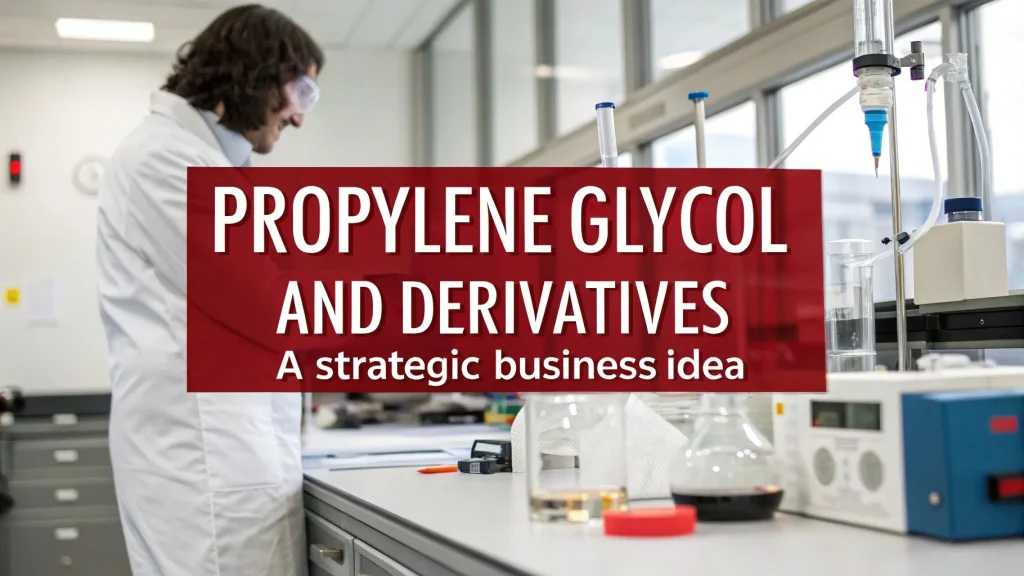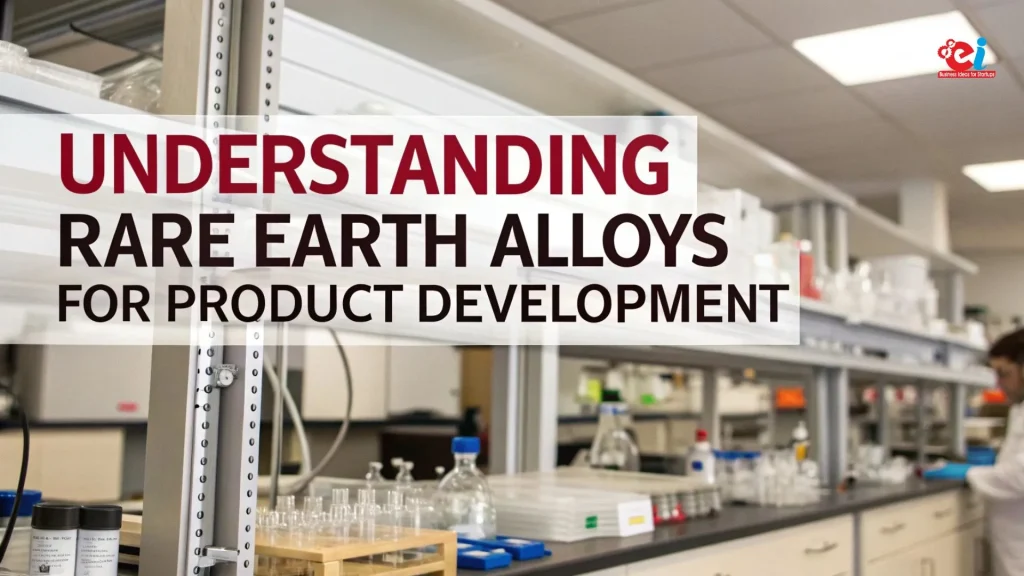Banana powder is a versatile product with growing demand in the food processing, baby food, bakery, and pharmaceutical industries. Derived from processed bananas, it serves as an excellent natural flavoring and nutritional enhancer. Entrepreneurs looking to enter the agro-processing industry will find banana powder production a lucrative opportunity, especially in banana-producing regions. This article offers a complete guide on how to set up a banana powder manufacturing unit, covering everything from raw material procurement to market strategy.
Understanding the Banana Powder Manufacturing Business
India is one of the largest producers of bananas globally, making it a natural hub for banana powder manufacturing. The industry benefits from abundant raw material availability, government support for agro-based industries, and a steadily increasing demand in both domestic and export markets. The manufacturing process involves cleaning, slicing, drying, milling, and packaging bananas in powdered form, which retains much of the fruit’s nutritional value and taste.
Market Potential and Applications
Banana powder is widely used in baby food, bakery products, ice creams, milkshakes, health supplements, and as a natural sweetener. Its long shelf life, easy transportability, and high nutritional content make it ideal for both B2B and B2C segments. With increasing awareness around health foods and the shift toward natural additives in food products, the global demand for banana powder is expected to rise.
The product also sees export demand from countries in the Middle East, Europe, and Africa. The key market drivers include convenience, affordability, and the growing popularity of organic and plant-based food products.
Key Steps to Set Up a Banana Powder Manufacturing Unit
1. Market Research and Business Plan
Begin with in-depth market research. Analyze demand trends, competitor analysis, pricing strategy, and customer expectations. A well-researched business plan should include production capacity, investment outlay, machinery and technology needs, financial projections, and a marketing roadmap.
2. Location and Infrastructure
The ideal location for a banana powder manufacturing unit is near banana-growing regions to minimize transportation costs and ensure the freshness of raw materials. The infrastructure should include:
- Space for processing unit and storage
- Water supply and power backup
- Waste disposal system
- Good connectivity to markets
You’ll need about 1,500–2,000 sq. ft. of space for a small-scale setup.
3. Legal and Regulatory Requirements
Register the business as an MSME or under any other suitable business entity. Obtain the following:
- GST registration
- FSSAI license (Food Safety and Standards Authority of India)
- Pollution Control Board clearance
- Factory license from the state government
- Trademark for branding (optional but recommended)
Compliance with food safety regulations is critical for building trust and expanding your reach.
4. Procurement of Raw Materials
Procure fully ripe and blemish-free bananas directly from farmers or wholesalers. It’s best to develop long-term relationships with reliable suppliers to ensure year-round availability. Organic bananas are in high demand, so sourcing certified organic produce can help cater to premium markets.
Additional raw materials include:
- Food-grade packaging materials
- Preservatives (optional and based on regulatory standards)
- Cleaning and sterilizing agents
5. Machinery and Equipment
For a small to medium-scale banana powder manufacturing unit, you will need the following equipment:
- Banana peeler
- Slicer or cutter
- Blanching tank (optional)
- Dryer or dehydrator (solar or electric)
- Pulverizer or grinder
- Sieving machine
- Packaging machine
- Weighing scale
Machinery should meet food-grade standards. Automation can significantly increase efficiency and output.
6. Manufacturing Process
The production process typically follows these steps:
- Sorting and Cleaning – Select and clean the bananas thoroughly to remove dust, dirt, and surface contaminants.
- Peeling and Slicing – Peel and cut the bananas into uniform slices to ensure even drying.
- Drying – Dry the slices using solar, hot air, or freeze drying methods. This step is crucial for shelf life and product quality.
- Grinding – Dried slices are ground into fine powder using a pulverizer.
- Sieving – The powder is sieved to remove coarse particles and ensure uniformity.
- Packaging – The final product is packaged in moisture-proof and food-grade containers.
Strict quality control at every stage ensures the consistency, flavor, and safety of the product.
7. Manpower Requirement
For a small unit, 6–10 employees are sufficient. This includes machine operators, quality controllers, packaging staff, and administrative personnel. Trained workers improve efficiency and reduce waste.
8. Investment and Profitability
Setting up a small-scale banana powder manufacturing unit may require an investment of ?10–20 lakhs depending on scale and automation level. The cost breakdown includes:
- Machinery: ?5–10 lakhs
- Infrastructure: ?3–5 lakhs
- Raw materials and working capital: ?2–5 lakhs
Profit margins range between 20%–35%. With consistent quality and strong market demand, breakeven is possible within 1–2 years.
9. Branding and Packaging
Effective branding plays a major role in attracting customers, especially for retail sales. Focus on:
- Eye-catching logo and packaging design
- Nutritional information and usage instructions
- Eco-friendly packaging materials
Retail packs of 100g, 250g, 500g, and 1kg are popular. Bulk packaging (25kg, 50kg) is used for industrial customers.
Marketing Strategy and Distribution
A robust marketing strategy helps you penetrate the market and build a loyal customer base. Target the following:
B2B Segment
- Food processing companies
- Bakeries
- Ice cream manufacturers
- Baby food brands
- Exporters and traders
B2C Segment
- Health food stores
- Supermarkets and online retailers
- Organic and natural product outlets
- Direct-to-consumer (via website or marketplaces)
Use digital marketing, SEO, social media, and product sampling to build awareness. Participation in food expos and industry events boosts visibility and networking.
Government Support and Schemes
The Indian government offers several schemes for agro-based and food processing industries, including:
- PMFME (Pradhan Mantri Formalization of Micro Food Processing Enterprises)
- NABARD subsidies and low-interest loans
- Stand-Up India Scheme for SC/ST and women entrepreneurs
- NSIC and MSME support for machinery procurement
Leverage these schemes for funding, training, and infrastructure development.
Challenges and Solutions
Banana powder manufacturing comes with its own set of challenges, including:
- Raw material perishability – Tie-ups with local farmers and cold chain logistics can minimize waste.
- Price fluctuations – Long-term procurement contracts and buffer stock help maintain cost stability.
- Quality control – Invest in testing equipment and follow standard operating procedures to maintain consistency.
- Market competition – Differentiate through organic certification, innovative packaging, and superior product quality.
Sustainability and Future Outlook
The shift toward healthy eating and clean-label ingredients bodes well for banana powder manufacturing. Integrating sustainable practices such as solar drying, organic sourcing, and biodegradable packaging will further enhance brand value. The global banana powder market is expected to grow steadily, with expanding applications in nutraceuticals, functional foods, and baby nutrition.
Entrepreneurs who combine traditional food wisdom with modern processing techniques can build a scalable, profitable, and impactful business in this space.
Conclusion
Banana powder is more than just a processed fruit product—it’s a gateway into the thriving world of food innovation and agri-business. By setting up a banana powder manufacturing unit, entrepreneurs can contribute to reducing post-harvest wastage, add value to farm produce, and cater to a growing market seeking natural and nutritious food options. With the right planning, equipment, and strategy, this venture holds immense potential for profitability and long-term growth.
Visit the page Select and Choose the Right Business Startup for You for sorting out the questions arising in your mind before starting any business and know which start-up you can plan. We, at NPCS, endeavor to make business selection a simple and convenient step for any entrepreneur/startup. Our expert team, by capitalizing on its dexterity and decade’s long experience in the field, has created a list of profitable ventures for entrepreneurs who wish to diversify or venture. The list so mentioned is updated regularly to give you a regular dose of new emerging opportunities.




